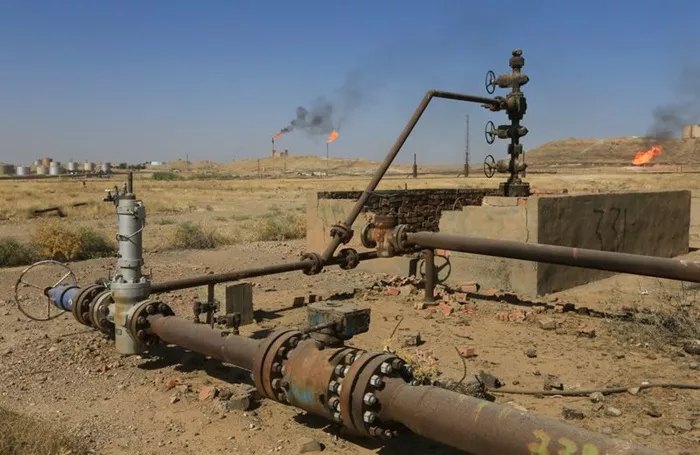The Trump administration has ramped up efforts to pressure Iraq into restarting Kurdish crude oil exports, implicitly threatening economic sanctions in the process. This move is a key component of the United States’ “maximum pressure” campaign against Iran, which seeks to curtail Tehran’s crude oil exports to zero.
Although Iraqi officials have denied receiving direct threats, multiple sources suggest that U.S. pressure played a pivotal role in Baghdad’s announcement that it may resume Kurdish oil exports. The shutdown of a crucial pipeline connecting Iraqi Kurdistan to Turkey has played a central role in this situation, as it has allowed crude oil to be smuggled into Iran, undermining U.S. interests in the region.
In response, Washington has called on Baghdad to end this illicit trade and restore legal exports through Turkey. The U.S. goal is to weaken Iran’s economic and geopolitical influence in Iraq, a critical component of its broader strategy.
However, several significant obstacles stand in the way of reactivating these oil exports. Tensions between the Iraqi central government and the Kurdish region—stemming from disputes over payments and control of oil revenue—have stalled progress. The pipeline itself, requiring urgent repairs, adds to the complexity of resuming operations.
International oil companies operating in the Kurdish region also present a challenge. These firms are seeking firm guarantees of payment before agreeing to restart shipments, fearing delays or defaults from Baghdad. This lack of trust has created an atmosphere of uncertainty that threatens to delay any near-term resolution.
Even if the Kurdish oil exports are reinstated, their impact on the global market is expected to be limited. Iraq remains bound by production quotas set by OPEC+, which restrict its ability to significantly boost exports. These restrictions are designed to preserve stability in global oil prices by preventing an oversupply.
Despite these limitations, a partial resumption of Kurdish oil exports could help alleviate some of the region’s geopolitical and economic tensions. For the United States, a successful outcome would reinforce its strategy to isolate Iran, while for Iraq, navigating this issue requires careful balancing between international obligations and domestic political concerns.
Ultimately, U.S. pressure on Iraq to resume Kurdish oil exports highlights the complex geopolitical landscape of the Middle East. While Iraq faces a range of internal and external challenges in reactivating these shipments, the resolution of this issue will largely depend on its ability to navigate international commitments while managing domestic political friction. Global powers will closely watch the outcome as it continues to impact the international oil market.

